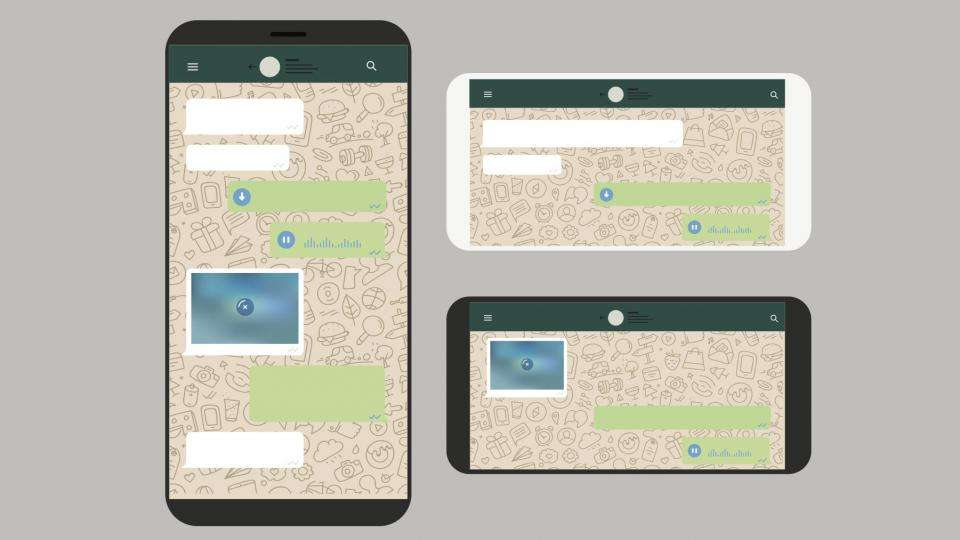From February next year, WhatsApp will stop supporting its messaging app on older phones and operating systems.
In its FAQ on Support for other operating systems , the Facebook-owned app has said it has already pulled the option to create new accounts, as well as removed the option of re-verifying existing accounts on phones running Android Gingerbread 2.3.7 (released in 2010) and older, and 2014's iOS 8 and older.
These include Android devices released in 2011 and earlier, and the iPhone 4 and earlier.
Then, from 1 February 2020, WhatsApp plans to remove support for these operating systems completely meaning the app will no longer get updates and certain functions may stop working at any time without warning.
If you have a newer device but you're still running these older operating systems, updating to a more recent iteration will allow you to keep using WhatsApp and its full range of features for longer.
Elsewhere, WhatsApp will additionally stop support for the entire Windows Phone platform from 31 December and no amount of OS updates will solve this problem. The only way to continue using WhatsApp will be to upgrade your phone to Android or iPhone.
It's not possible, however, to transfer chat history between mobile platforms so if you want to make sure you keep your chats, shared media and more, you'll need to export them as an email attachment.
WhatsApp explains how to do this for each platform here: Android | iPhone | Windows Phone .
Once a software developer stops supporting an operating system, it also stops releasing security updates and this can leave users on this out-of-date platforms at risk from hackers.
WhatsApp officially supports, and recommends using, devices running Android Ice Cream Sandwich OS 4.0.3+, iOS 9+ and select phones running KaiOS 2.5.1+, including India's JioPhone and JioPhone 2 meaning as long as you install app updates as they're released, you'll be protected.
